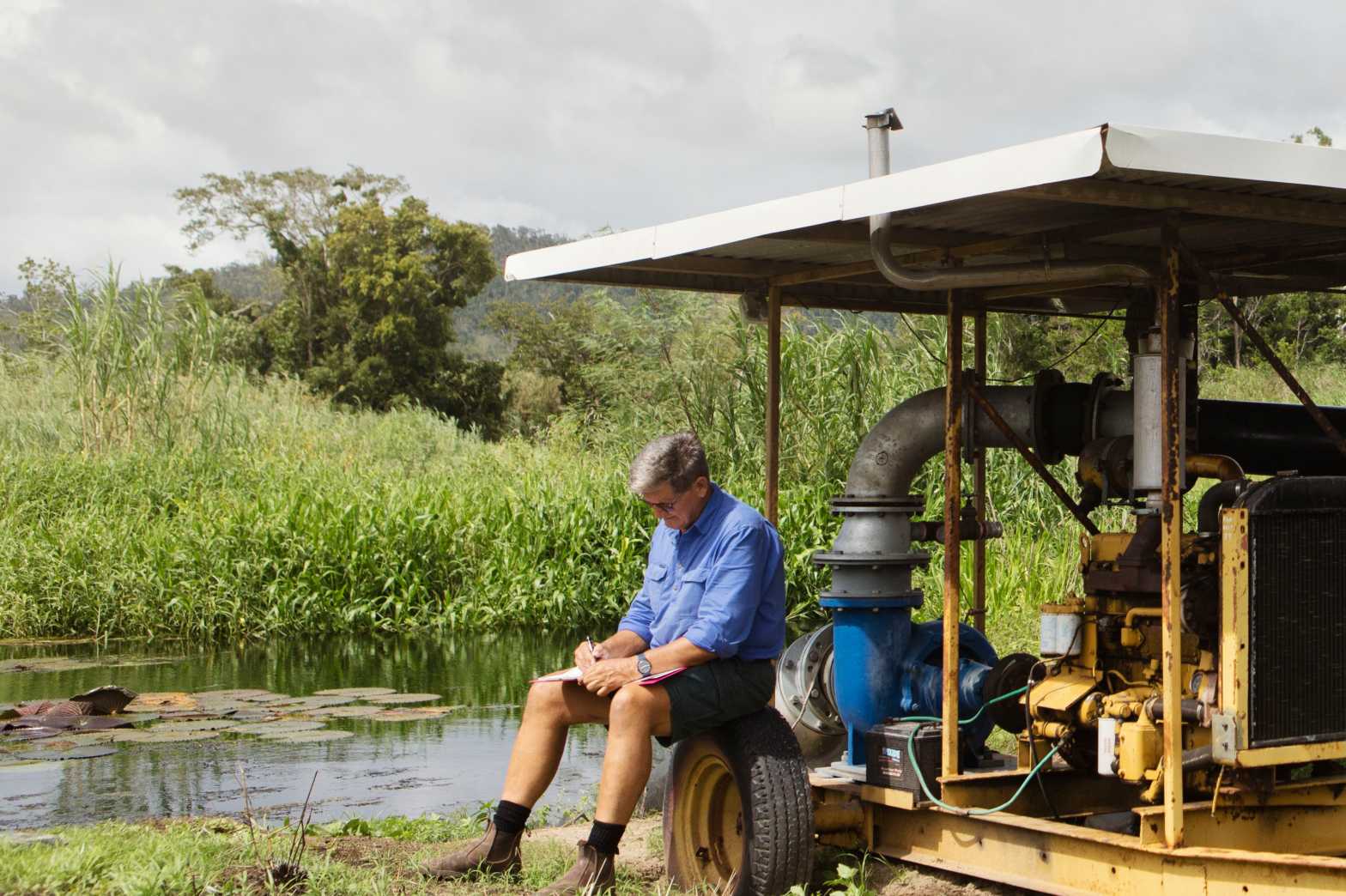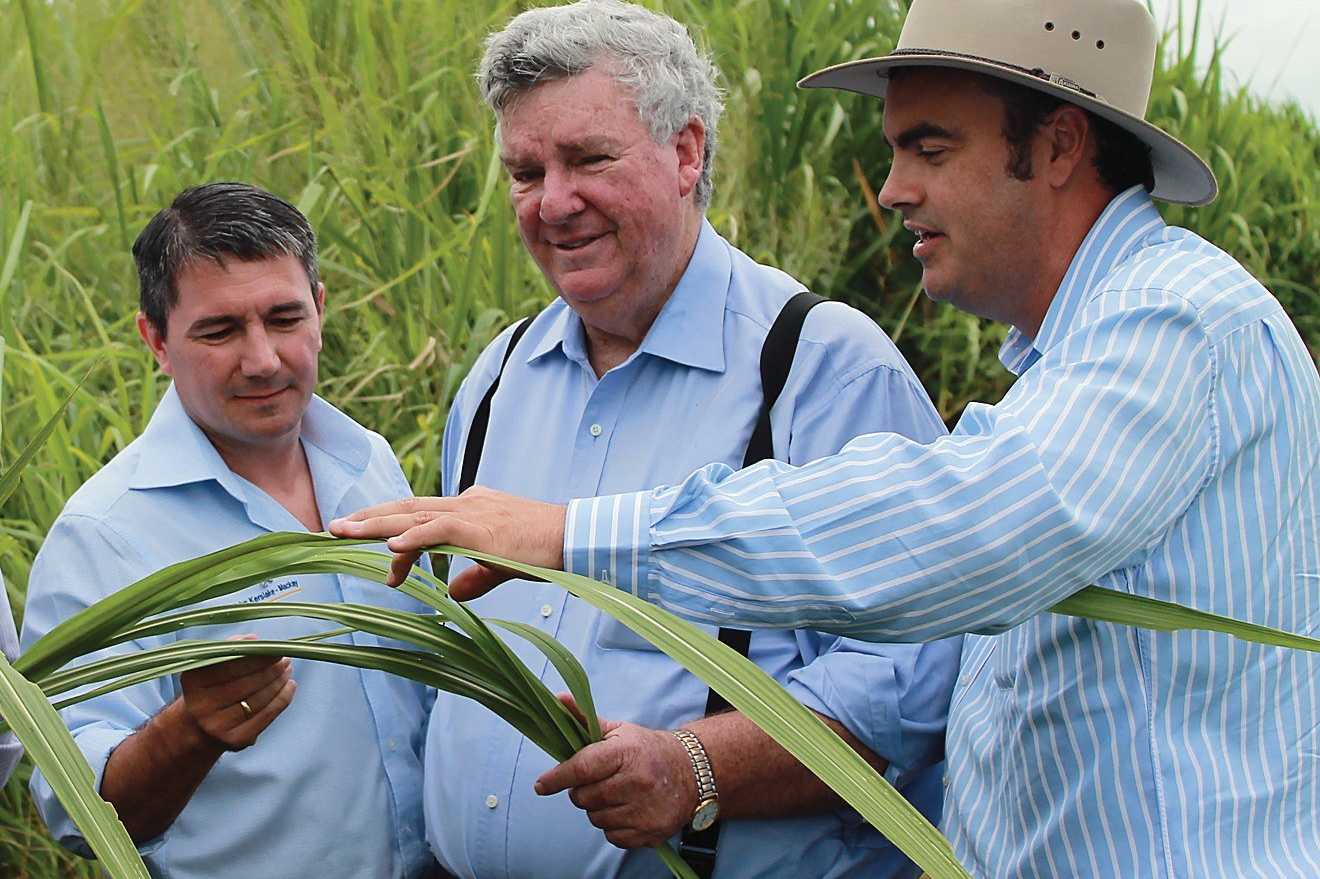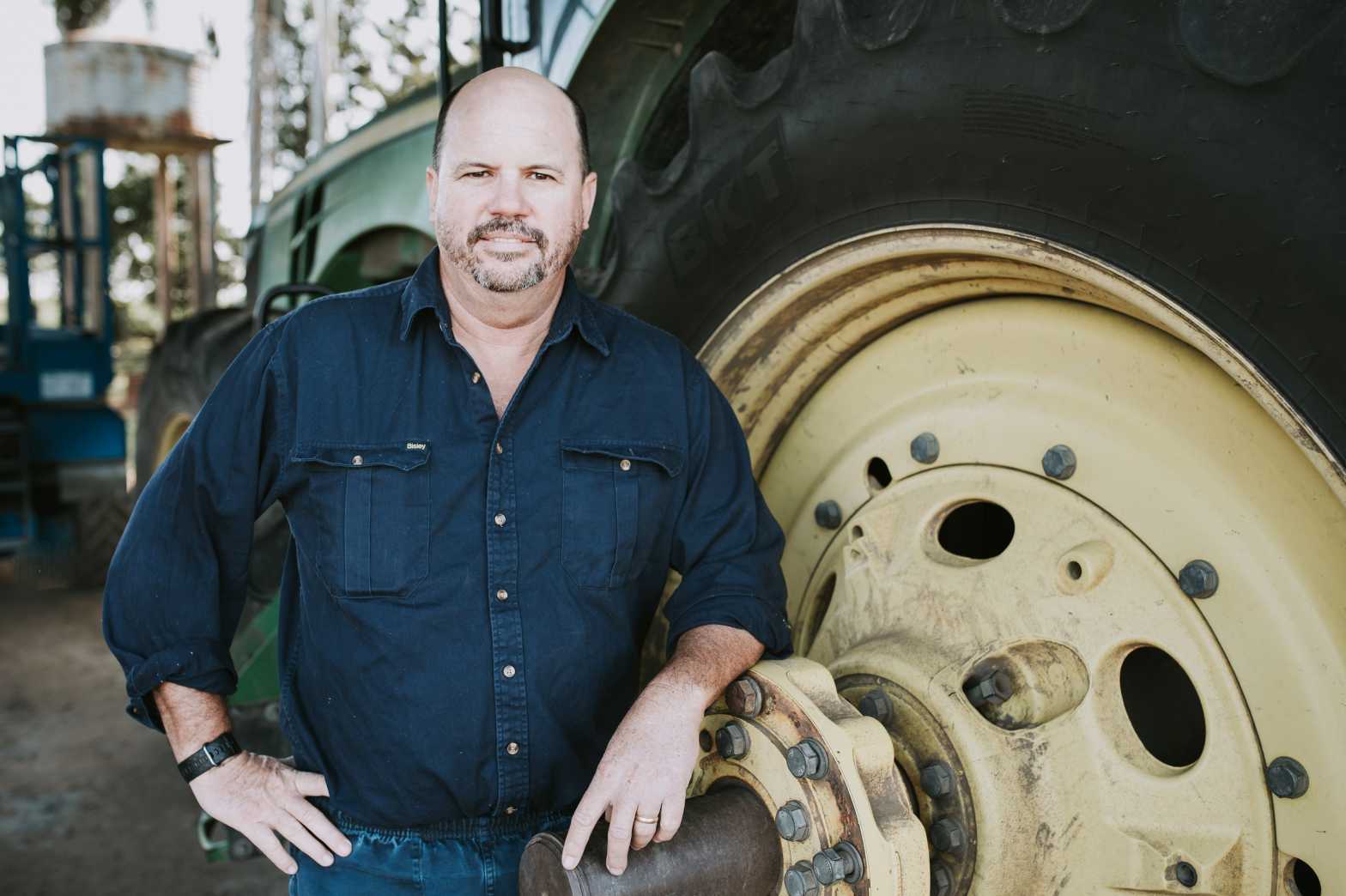Peak sugarcane body, CANEGROWERS has said the failure of senators to reach a consensus on the veracity of the evidence base behind reef regulations is symbolic of the confusing, divisive and politicised nature of the regulations themselves.
“This was a major opportunity to respond to the industry’s multiple concerns about reef policies, but instead, the lack of agreed actions risks leaving growers even more frustrated than they already are,” CANEGROWERS CEO Dan Galligan said.
Following a year-long inquiry, the Senate Rural and Regional Affairs Committee today released two conflicting reports on the evidence base used to justify the Queensland Government’s latest round of reef regulations.
While the committee’s majority report supports the continued regulation of farming practices, and largely dismissed the need for greater scrutiny of the science used to justify regulation, it did call for greater transparency to give growers confidence in the validity of the science.
However, in a separate dissenting minority report, LNP committee members, senators Susan McDonald, Gerard Rennick and Matt Canavan, came out strongly in favour of the key recommendations CANEGROWERS made in its submission to the Senate inquiry, including:
> Removing the regulatory burden on growers and adopting long-term support for on-farm innovation;
> Restoring growers’ confidence in policy through a review of the way the science used to justify it is managed and scrutinised;
> Ensuring water quality targets are credible and realistic; and developing trustworthy methods for evaluating improvements in farm practices and water quality.
Despite the committee’s failure to agree, Mr Galligan said he doesn’t view the year-long process as a waste of time and resources.
“While we accept that Senators on all sides went into this process with open minds and a genuine hope of understanding the issue, their failure to find consensus reflects how complex and politically charged the issue is,” Mr Galligan said.
“CANEGROWERS remains opposed to the use of farm-based regulations to support water quality outcomes, particularly those embedded in the 2019 Queensland Government legislation.
“The inquiry provided an opportunity to ventilate the many very serious concerns around the impacts of reef regulations and the lack of evidence to justify them.”
“Farmers across the state support a healthy, dynamic and much-loved Great Barrier Reef. We simply do not support the policy decision made by the State Government to regulate farmers to secure this outcome.”
CANEGROWERS committed significant resources to bring evidence before the inquiry, with grower representatives from eight cane-growing regions attending the two days of hearings in Brisbane.
“Growers discussed the range of activities they have implemented to demonstrate their world class sustainability credentials, evidenced by the fact that over 30% of Australian cane land is now accredited to the industry’s internationally recognised best practice program, Smartcane BMP” Mr Galligan said.
During the course of public hearings, senators heard from scientists that only around 3% of the area of coral reefs may be impacted by land based run-off, with experts agreeing that climate change and extreme weather events are by far the most significant threats to the reef’s health.
Some senators appeared genuinely puzzled as to why growers had not been recognised and commended more for practice changes achieved to date. CANEGROWERS also tabled an independent economic assessment which showed that measures outlined in the latest round of reef regulations could result in a $1.3 billion hit to the Queensland economy over the next decade.
Mr Galligan said the fate of Queensland’s ill-conceived reef regulations now rests on the outcome of this month’s state election.
“This isn’t the end of the battle for a common-sense approach to securing the health and future of the reef,” Mr Galligan said.
“In many ways, the committee’s report serves to remind us that the issue has not gone away. The frustration, confusion and out right anger many farmers feel continues and is actually echoed at the highest levels of government.
“It will now be up to the next State Government to determine if these regulations remain in place as a handbrake on our industry at a time when we need to instead unleash the significant potential of this industry as it continues to be the backbone of many regional economies.”



